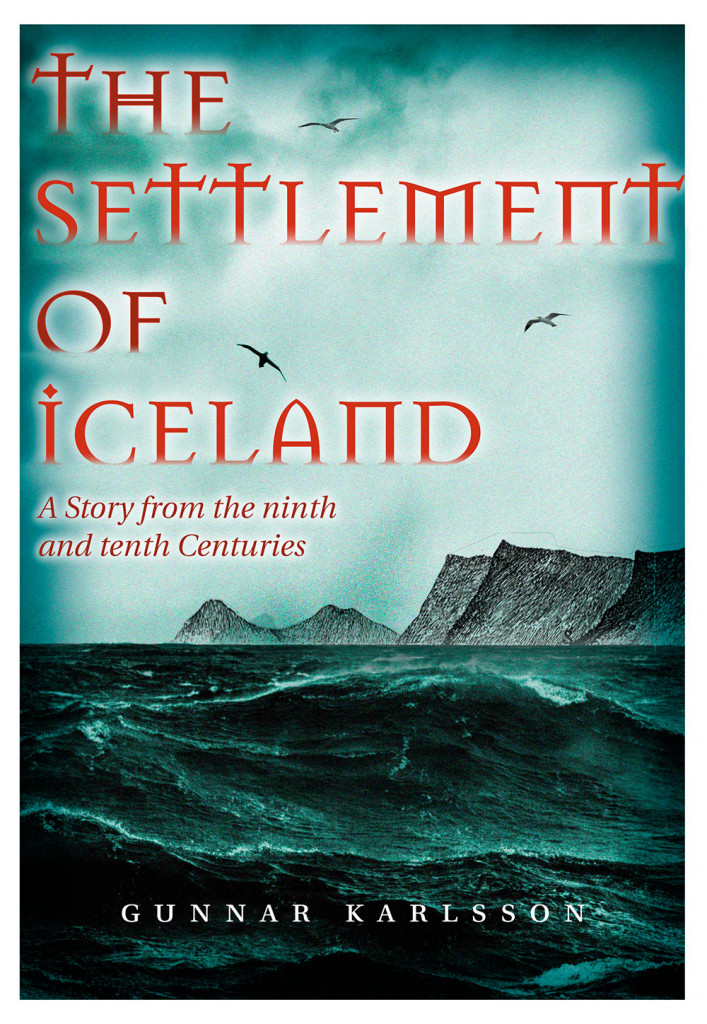The Settlement of Iceland
| Gerð | Útgáfuár | Síður | Verð | Magn | |
|---|---|---|---|---|---|
| Mjúk spjöld | 2019 | 96 | 1.690 kr. |
| Gerð | Útgáfuár | Síður | Verð | Magn | |
|---|---|---|---|---|---|
| Mjúk spjöld | 2019 | 96 | 1.690 kr. |
Um bókina
Ísland er sá hluti hins byggilega heim s sem varr numinn einna síðast. Snemma á víkingaöld tókst norskum sæförum loks að smíða sér fley sem gátu flutt þá örugglega yfir Atlantshafið. En hvers vegna Ísland og hvernig vegnaði fyrstu Íslendingunum fyrstu árin? Bókin er á ensku.
Iceland remained uninhabited far longer than most habitable places on earth. It wasn’t until the beginning of the Viking Age, around 800 AD, that Norsemen began to build ships that could carry them safely out into the North Atlantic. The Book of Icelanders states that the island was settled from about 870 to 930 AD. Most of the settlers were from the west coast of Norway or other parts of Scandinavia, and a handful are said to be of Irish origin.
Long before this, an island called Thule, where the sun shone all night in summer, was known in European geographical treatises; some of these accounts are consistent with Iceland. Medieval Icelandic sources also say that there were Irish monks living in Iceland when the settlers arrived. But why Iceland? And how did the settlers survive the first years?
Dr. Gunnar Karlsson was a professor of history at the University of Iceland and is the author of many historical works.



